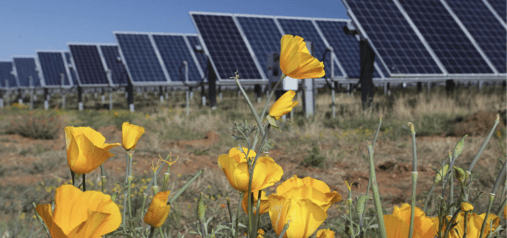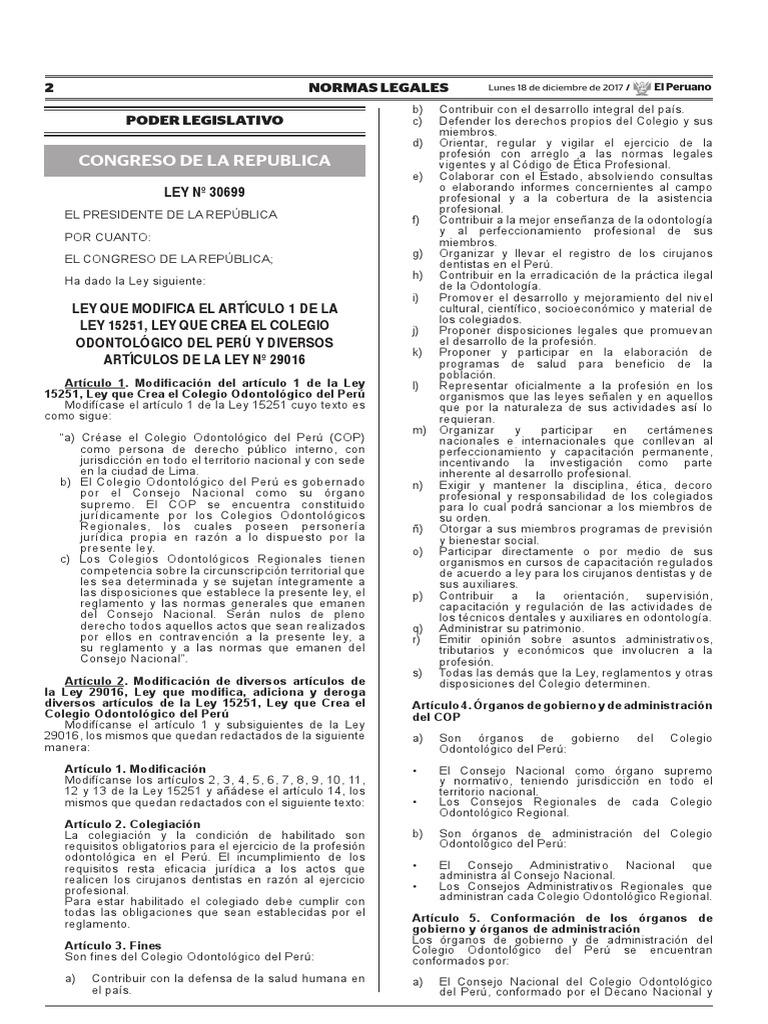Solar Power Initiatives In Africa- Success Stories and Best Practices
Africa, a continent abundant in sunlight, is harnessing its renewable energy potential through innovative solar power initiatives. As the world grapples with the challenges of climate change and seeks sustainable alternatives, Africa is emerging as a beacon of hope with success stories and best practices in solar power adoption. The transformational influence of solar power programs throughout the continent is explored in this article, which also identifies best practices and highlights accomplishments that might spur worldwide efforts toward a greener future.
Off-Grid Solar Solutions: Empowering Rural Communities
One of the most remarkable success stories in Africa's solar journey is the proliferation of off-grid solar solutions. Rural areas, often underserved by traditional energy infrastructure, are witnessing a revolution as solar microgrids and home solar systems bring electricity to remote villages. Companies like M-KOPA in Kenya and Off Grid Electric in Tanzania have successfully provided:
Affordable and reliable power africa solar solutions.
Empowering communities with access to lighting.
Clean cooking.
Improved educational opportunities.
The scalability and adaptability of these off-grid models make them replicable across the continent, transforming lives and fostering sustainable development.
Solar-powered Agriculture: Boosting Productivity and Resilience
Many African economies are based mostly on agriculture, and solar energy is essential to raising the resilience and productivity of this industry. Traditional diesel pumps are replaced with solar-powered irrigation systems, giving farmers a dependable and affordable energy source. Solar pumps are making it possible to cultivate year-round in nations like Senegal, which lessens reliance on unpredictable rainfall. Furthermore, programs such as Zambia's Solar Milling Initiative supply rural communities with solar-powered milling units, lowering post-harvest losses and raising farmer incomes. These initiatives demonstrate how solar energy may help with food security and economic growth by addressing the African agriculture industry's particular difficulties.

Utility-Scale Solar Projects: Aiming for Energy Independence
Several African nations are funding utility-scale solar farms to broaden their energy sources and lessen their reliance on fossil fuels. Large-scale solar project private participation has been made possible thanks in part to South Africa's Renewable Energy Independent Power Producer Procurement (REIPPP) program. Because of these efforts, these countries' potential for energy is being fully realized, employment is being created, and a sustainable energy ecology is being maintained. The public-private partnership model is useful for other nations looking to implement a more extensive shift to renewable energy sources, especially when paired with efficient regulations.
Innovative Financing Models: Overcoming Financial Barriers
Financing remains a critical challenge for many solar projects, especially in regions with limited access to traditional banking. However, Africa has witnessed the rise of innovative financing models overcoming this barrier. Pay-as-you-go (PAYG) systems, pioneered by companies like Azuri Technologies, enable users to make small payments for solar systems over time, making clean energy accessible to low-income households. Additionally, impact investors and international organizations are vital in providing financial and technical assistance. The success of these financing models demonstrates that more capital must be needed to adopt solar solutions, paving the way for increased financial inclusivity in the renewable energy sector.

Capacity Building and Local Entrepreneurship: Nurturing Sustainable Growth
A crucial aspect of successful solar initiatives in Africa is the emphasis on capacity building and fostering local entrepreneurship. Training programs that educate communities on installing, maintaining, and managing solar systems ensure these projects' long-term sustainability. Initiatives like the Barefoot College in India, which trains rural women as solar engineers, are being replicated in African countries, empowering women and creating a skilled workforce. By nurturing local talent and expertise, solar projects become self-sufficient and contribute to the overall development of the communities they serve.
Conclusion
Africa's solar power initiatives are not just about generating electricity; they represent a paradigm shift toward sustainable development, economic empowerment, and environmental stewardship. The success stories and best practices highlighted in this article underscore the transformative potential of solar energy in addressing the continent's challenges. As Africa continues to harness the sun's power, these initiatives inspire the global community, urging us to embrace renewable energy solutions and build a brighter, cleaner future for all.








